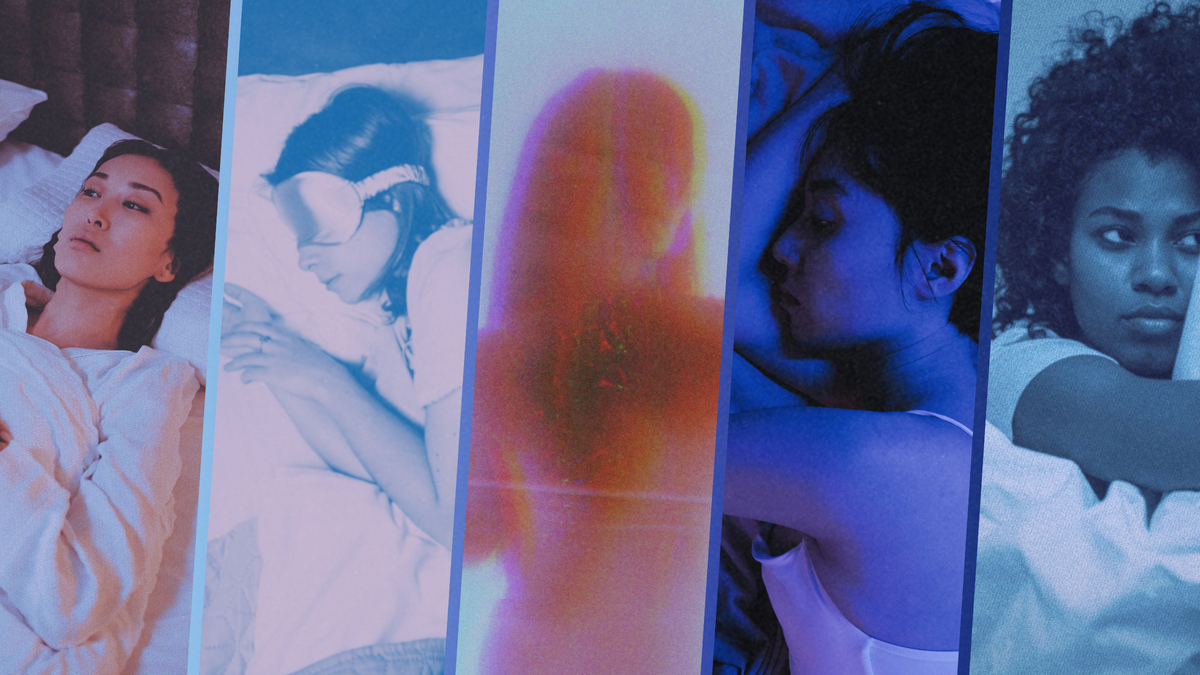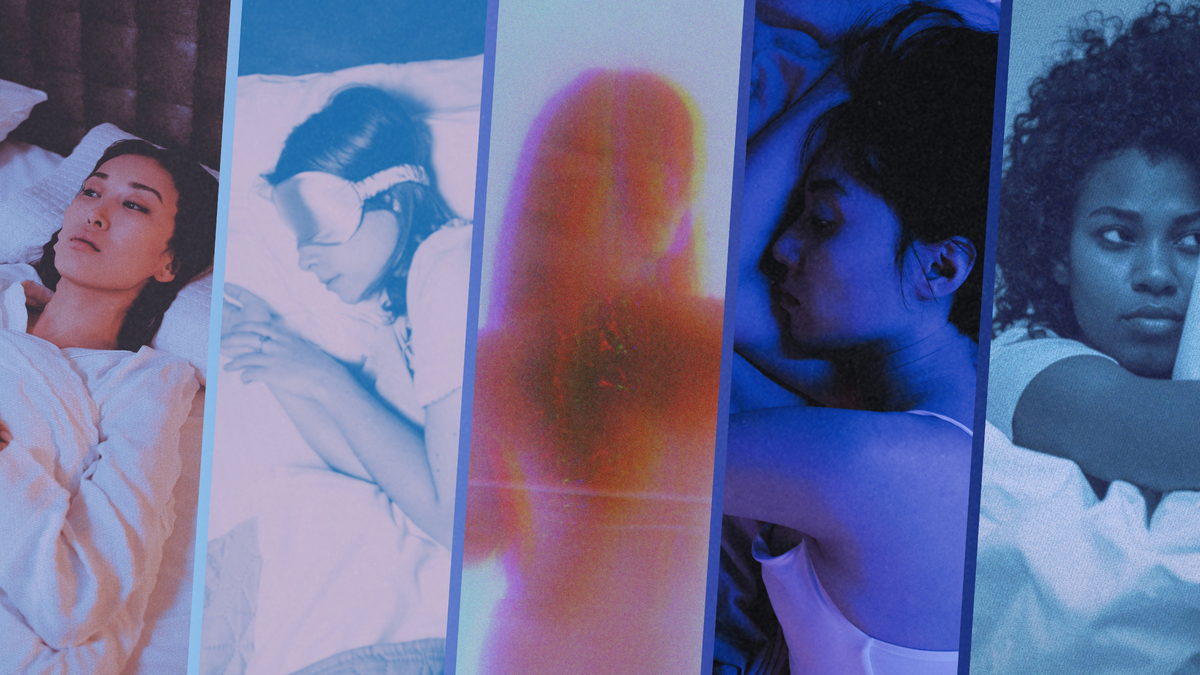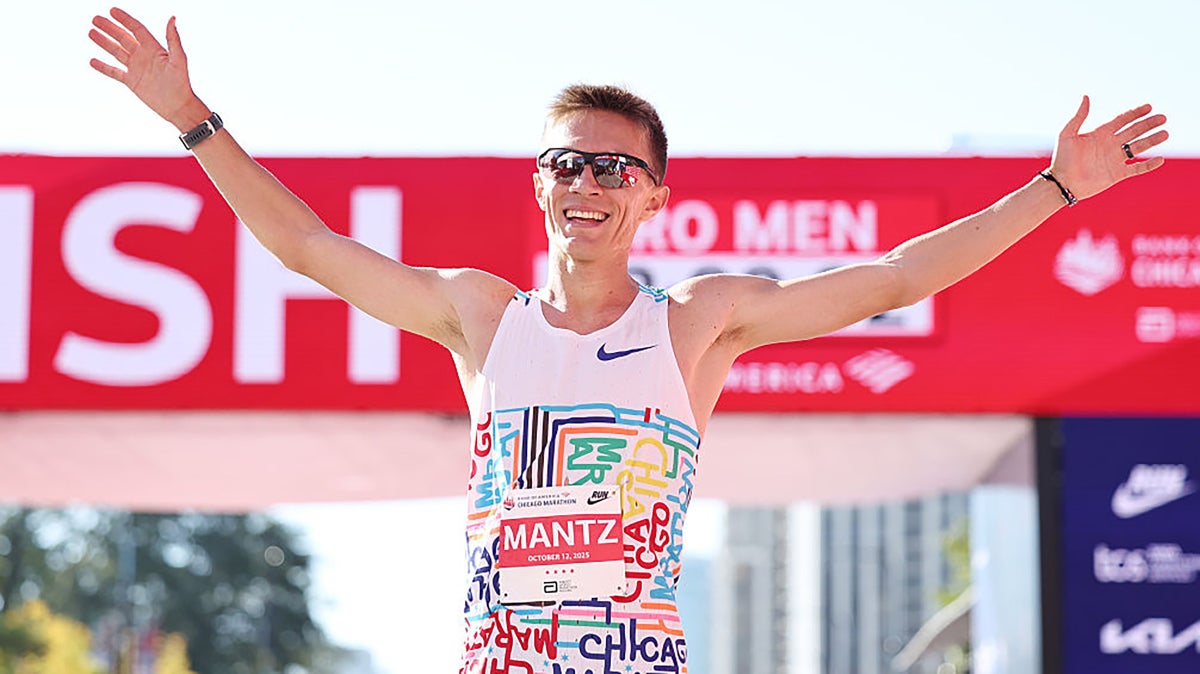
Since the first issue of the journal Sleep was published back in 1978, over 300,000 research studies have dug into the science of sleep. Many of these have been “single-association” studies, which connect a single element of sleep (i.e., nightly awakenings) with a single outcome (i.e., risk of cognitive decline). However, as we all know, sleep is complex and multifaceted.
In a study published this month in PLOS Biology, a global team of researchers set out to explore these intricacies and connect different elements of sleep with various outcomes. Their findings could help reveal how your unique sleep patterns influence your mood, mindset, and both your mental and athletic performance throughout the day—the study refers to these patterns as “profiles.”
The Study Identified Five Sleep Profiles
This study, titled “Identification of Five Sleep-Biopsychosocial Profiles with Specific Neural Signatures Linking Sleep Variability with Health, Cognition, and Lifestyle Factors,” relied on information from the Human Connectome Project (HCP). The HCP collects a wide range of health data—including cognitive tests, brain scans, and self-reported sleep assessments—from thousands of participants.
For this study, researchers analyzed data from 770 young, healthy adults to examine how certain aspects of their health and performance corresponded to different attributes of their sleep. Participants reflected on their past month of sleep via a questionnaire, and the resulting sleep data were used to inform the five profiles.
“It was important for me to go beyond ‘good’ versus ‘bad’ sleep. Sleep is multidimensional, and there are a lot of interindividual differences in sleep, health, and behavior,” says lead researcher Aurore Perrault.
What Does Each Profile Say About Your Usual Sleeping Pattern?
After analyzing the comprehensive HCP dataset, Perrault and her team identified five sleep profiles, each associated with specific behaviors.
Every sleep profile also correlated to a unique pattern of brain function, Perrault says, “suggesting that sleep experiences are reflected not just in health and behavior, but also in the brain’s wiring and activity.”
Profile 1: Poor Sleep and Psychopathology
This profile was marked by poor self-reported sleep (taking a long time to fall asleep, finding sleep unsatisfying, waking up through the night due to pain or uncomfortable temperatures, etc.). It was associated with a higher likelihood of depression, anxiety, and negative affect—meaning emotions like fear, anger, and stress.
Profile 2: Sleep Resilience and Psychopathology
This profile was defined by difficulty paying attention during the day and negative affect, but was not associated with reported sleep difficulties, potentially suggesting a certain amount of “sleep resilience.”
Profile 3: Hypnotics and Sociability
This profile was characterized by the use of sleep aids—either prescribed or over-the-counter. It was related to worse visual memory and emotional recognition, but, surprisingly, high satisfaction with social relationships.
Profile 4: Sleep Duration and Cognition
Within this profile, short sleep duration (less than six to seven hours a night) was associated with poor performance on cognitive tasks, delayed reaction time, and more aggressive behavior.
Profile 5: Sleep Disturbance, Cognition, and Psychopathology
The final profile tied sleep disturbances and multiple awakenings with mental health issues, the use of substances like alcohol and cigarettes, and poor performance on cognitive tasks.
It’s important to note, Perrault adds, that every participant displayed all the profiles, scoring high, medium, or low in each one. For example, in general, people with lower levels of education tended to have higher combined scores in profiles 1, 4, and 5, while those with limited household financial resources scored higher in profiles 1 and 2.
Study Limitations
This study focused on young, healthy, and primarily white adults between the ages of 22 and 36, so Perrault notes that research on more diverse populations is needed to validate the findings. Future studies should also analyze data collected over a person’s lifespan for a more complete health profile; this study was just a snapshot of one point in time.
What This Means for Your Sleep and Performance
This study reiterates and reinforces some existing sleep best practices, such as getting at least seven hours of sleep a night to support cognition. Across participants, cognitive functioning was more related to sleep duration than subjective (self-reported) sleep quality, meaning how long you slept the night before will probably have more sway over your brainpower than how well you think you slept.
The five profiles also demonstrate that sleep is nuanced, and the different elements of sleep likely all help shape your overall function and performance.
While the research did not specifically study athletes, some inferences can be made about what its findings mean for physical performance. For example, those who have poor self-reported sleep (profile 1) may find that fear or stress gets in the way of their performance and benefit from tools to ease pre-race or pre-workout anxiety. In contrast, those who consistently sleep less than six to seven hours a night (profile 4) might struggle to respond quickly and benefit from exercises to speed up their athletic reaction time.
Most importantly, this work reminds us of the importance of prioritizing sleep in general—especially during more active periods. “For athletes, sleep is especially crucial because it’s when the body does its deepest recovery work,” says Dr. Angela Holliday-Bell, a board-certified physician and certified sleep specialist who was not involved in this study. “Growth hormone peaks during deep sleep, repairing muscle tissue and helping the body adapt to training stress. Lack of sleep reduces reaction time, coordination, and endurance, all of which directly affect performance.”
As for how to improve your sleep, Holliday-Bell recommends maintaining a regular bedtime and wakeup time, crafting a relaxing wind-down routine, limiting caffeine and alcohol later in the day, and managing stress through a regular mindfulness or deep breathing practice. Better sleep—in all its many facets—starts with consistency, she says.
Want more Outside health stories? Sign up for the Bodywork newsletter. Ready to push yourself? Enter MapMyRun’s You vs. the Year 2025 running challenge.
The post New Research Identifies 5 “Sleep Profiles” and Examines How Each May Affect Health and Performance appeared first on Outside Online.













